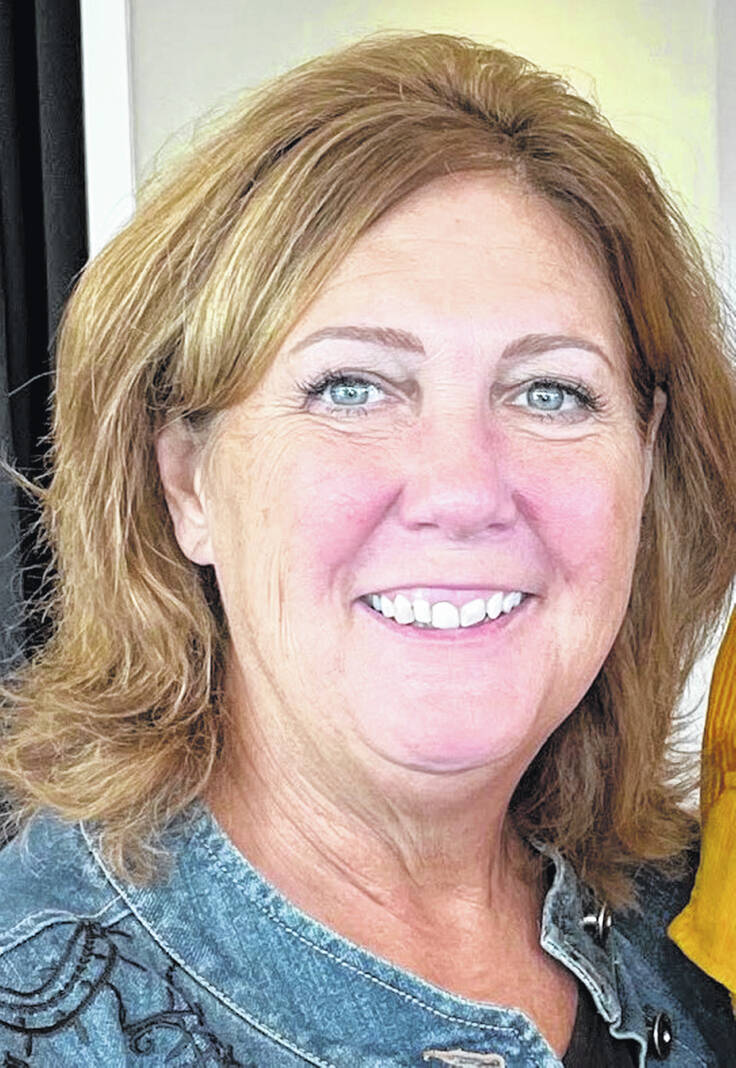
You have recently found out you are pregnant. Congratulations! The best gift that you can give to your new baby and yourself is the gift of timely and consistent prenatal and postpartum care to give your child a healthy start in life.
Prenatal and postpartum care are essential for a healthy mom and baby
Pregnancy care consists of prenatal (before birth) and postpartum (after birth) healthcare for expectant mothers. This is to ensure a healthy pre-pregnancy, pregnancy, and labor and delivery for mom and baby.
First, let us discuss the importance of prenatal healthcare for expectant mothers.
Prenatal care reduces complications during pregnancy and prevents problems during delivery.
Babies born to mothers who have not received prenatal care are three times more likely to have a low birth weight and five times more likely to die (Source: Centers for Disease Control and Prevention (CDC)).
Regular medical care during pregnancy will provide you with important information about changes in your body that could put your pregnancy or your own health at risk.
Prenatal care benefits include:
– Learning more about your pregnancy to develop a plan
– Reducing the risk of complications and defects
– Access to appropriate immunizations
– Receiving accurate nutritional advice
– Assistance with tracking growth and development
Begin prenatal visits as early in pregnancy as possible to protect the health of the baby and mother.
The postnatal period is critical for newborns as well.
More than a third of child deaths occur during the neonatal period, and approximately three-quarters of neonatal deaths occur within the first week of life. Timely, high-quality postnatal care is crucial for maximizing maternal and newborn health. The first postnatal care visit should occur within three weeks of giving birth.
Postpartum – “the fourth trimester”
As a new mother, you will experience physical and emotional changes as you care for your newborn. The American College of Obstetricians and Gynecologists calls the postpartum period the “fourth trimester” – and receiving care during this period is important because new moms are at risk of serious and sometimes life-threatening health complications.
According to the CDC, 2020 showed an increase in maternal mortality rates in the United States. The maternal mortality rate for 2020 was 23.8 deaths per 100,000 live births compared to 17.4 maternal deaths per 1000, 000 live births in 2018, just two years prior.
A comprehensive postpartum visit should include a full assessment of your physical, social, and psychological well-being.
The importance of postpartum care is to:
– Make sure you are recovering well after labor and birth
– Reduce the risk of serious and sometimes life-threatening health complications
– Develop your next future baby plan, including birth control
– Discuss your mental health and how you are feeling
– Discuss an exercise program
– Discuss a nutritional eating plan
– Discuss returning to normal activities such as employment
– Discuss your new baby’s sleep and feeding
A vital aspect of postpartum care is getting enough rest. As a new mother, you will need to recoup your strength after giving birth while also expending energy to care for your new baby.
To avoid being tired:
– Try to sleep when your baby sleeps
– Keep the baby’s crib near your bed for easy night feedings
– Allow someone else to bottle feed the baby while you sleep
The physical and psychological burden of pregnancy and childbirth can significantly weaken your body, leaving you vulnerable to risk in future pregnancies. Every pregnant woman needs access to prenatal and postnatal care to ensure her and her baby’s health and welfare.
Help Me Grow is excited about your pregnancy and I hope you will seek the Help Me Grow Program during this joyous time.
Sharon Gibbs is the Project Director for Fayette County Help Me Grow, located at Fayette County Public Health in Washington Court House. Help Me Grow Home Visiting is a voluntary, home-based service offered at no cost to the family. Trained professionals offer information and support during pregnancy and empower parents with skills, tools, and confidence to nurture the healthy growth of their child throughout the child’s earliest year. To learn more, call the Help Me Grow office at 740-335-5111.


